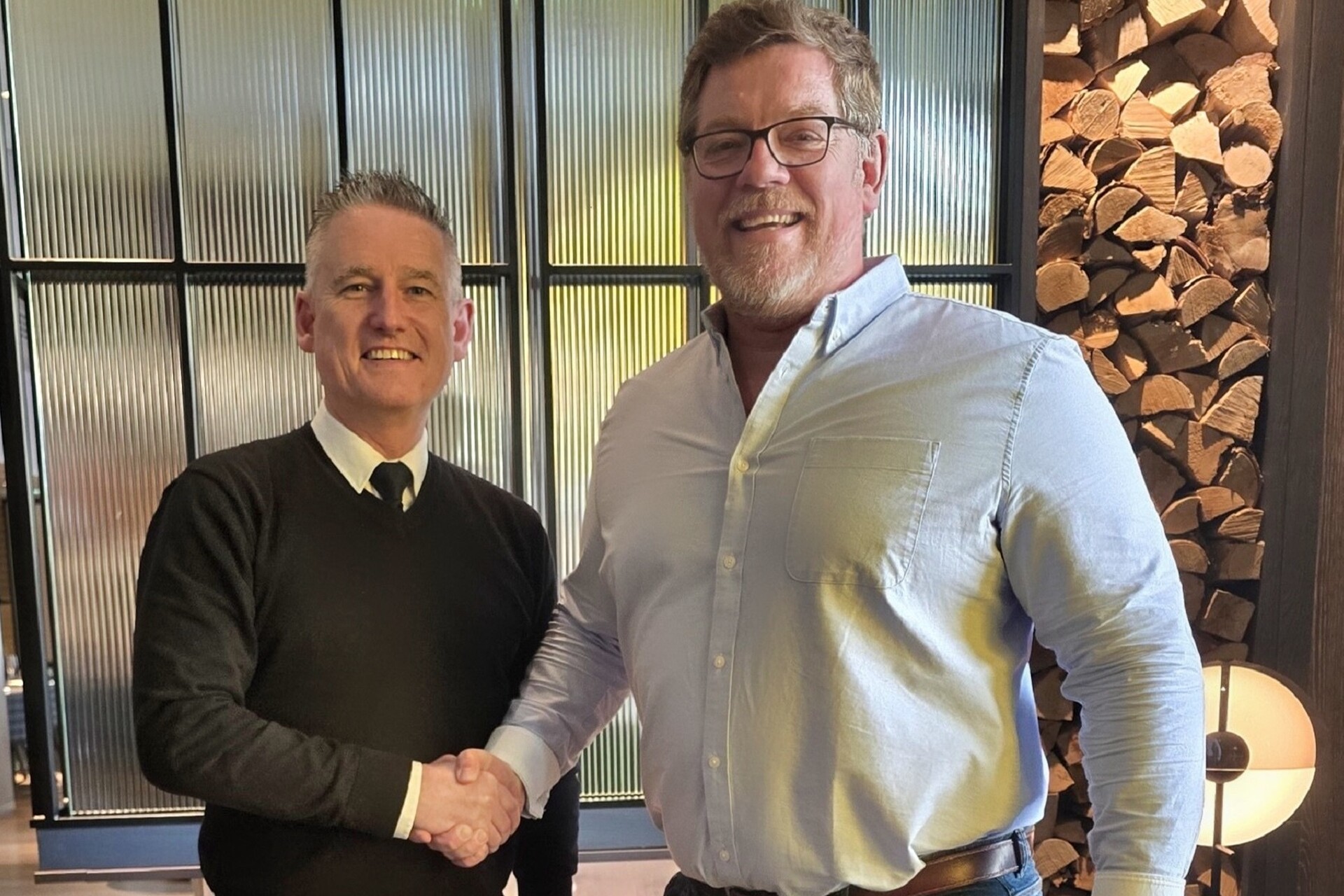Industry Trends & Challenges: Future-Proofing the Workforce for Net Zero

By Marie Carter-Robb
The UK is facing a critical shortage of skilled tradespeople – particularly in engineering roles essential to delivering on green ambitions. As demand grows for low-carbon technologies and more energy-efficient housing, experienced professionals will play a pivotal role in shaping the future of construction.
Tom Arey, Director at PfP Thrive, explores what’s needed to address this growing skills gap, support the country’s net-zero goals, and ensure the workforce is ready to meet the challenges ahead.
Industry Trends and Challenges
The UK’s construction and engineering industries are facing a critical workforce shortage, with skilled tradespeople – particularly gas engineers and those trained in green technologies – in increasingly high demand. This challenge will only intensify as the Government pushes forward with its commitment to build 1.5 million homes during this parliament, alongside the urgent need to retrofit existing homes with low-carbon heating solutions like heat pumps.
Without enough skilled professionals – be that builders, joiners, electricians, plumbers, and crucially, engineers trained in sustainable technologies – we risk falling behind, not just in housebuilding but in achieving the UK’s net-zero goals.
“We’re already seeing the impact of these shortages on housing projects across the country. Now is the time for the industry to work together with government and education providers to bring fresh talent into the sector, while also upskilling experienced tradespeople in emerging green technologies. At PfP Thrive, we’re leading the charge, partnering with housing associations, contractors, and training providers to deliver hands-on apprenticeships and fast-tracked training solutions that will help close the skills gap and future-proof the workforce.”
Innovation and Technology
With rapid advancements in technology, it’s crucial that we integrate digital tools and automation into our training and operations. At PfP Thrive, we’re incorporating the latest innovations into our apprenticeship programmes, ensuring that trainees are equipped to work with modern building techniques, smart home technology, and advanced construction methods – including the installation and maintenance of heat pumps and other low-carbon heating solutions.
“Innovation isn’t just about new technology, it’s also about how we train and upskill workers. As the UK transitions to net zero, we need to ensure that gas engineers and other tradespeople have access to fast, flexible training solutions that equip them with the skills needed for a low-carbon future. With tighter regulations on tradespeople working in customer homes, we’re prioritising upskilling to keep pace with new legislation, evolving construction techniques, and the growing demand for energy-efficient housing.”
Sustainability and Environmental Impact
Sustainability is no longer an option – it’s a necessity. PfP Thrive is committed to reducing environmental impact, improving energy efficiency in homes, and ensuring that the next generation of tradespeople understands sustainable construction practices.
“The Government’s net-zero targets mean we need over 230,000 new skilled workers to support greener construction methods. If we fail to invest in sustainability-focused training now, we’ll struggle to meet these targets. Last year, we conducted research with the University of Cambridge to delve into this further, with the paper finding a worrying shortfall in skills – something PfP Thrive is actively working to address through tailored apprenticeship programmes focused on sustainable building techniques.”
Workforce Development and Skills
The most critical skills for the future workforce aren’t just technical – they also include adaptability and a deep understanding of sustainability and digitalisation. Apprenticeships and training must evolve to reflect these changes.
“It’s why we’re tackling the skills crisis head-on. Our partnerships with housing providers and contractors allow us to train apprentices in real-world settings, significantly reducing the typical 48-month training period. But it’s not just about new recruits; we also need to support existing tradespeople with flexible, on-demand training that keeps them up to date with industry advancements.”
Globalisation and Supply Chain Management
The global supply chain has been under immense strain in recent years, and the construction industry is no exception. Materials shortages, fluctuating costs, and geopolitical instability all pose challenges.
“At Places for People, our parent organisation, they’re adopting strategies to build resilience into supply chains, such as increasing reliance on local suppliers where possible and working with partners to improve efficiency in sourcing materials. Flexibility and planning are key to ensuring housing projects remain on track despite external pressures.”
Leadership and Business Strategy
Leadership in construction and engineering isn’t just about delivering projects – it’s about nurturing a culture of innovation and adaptability. We need to attract fresh talent while ensuring existing workers have the tools and training to succeed in a rapidly changing landscape.
“Our vision is clear: to develop a highly skilled, sustainable workforce that can meet the challenges of the future. By prioritising apprenticeships in trades like engineering, fast-tracked training, and partnerships with industry leaders, we are laying the foundations, both literally and figuratively, for a stronger, more resilient sector. Now is the time for decisive action, ensuring that the UK has the skilled workforce it needs to meet ambitious housing and sustainability targets.”




